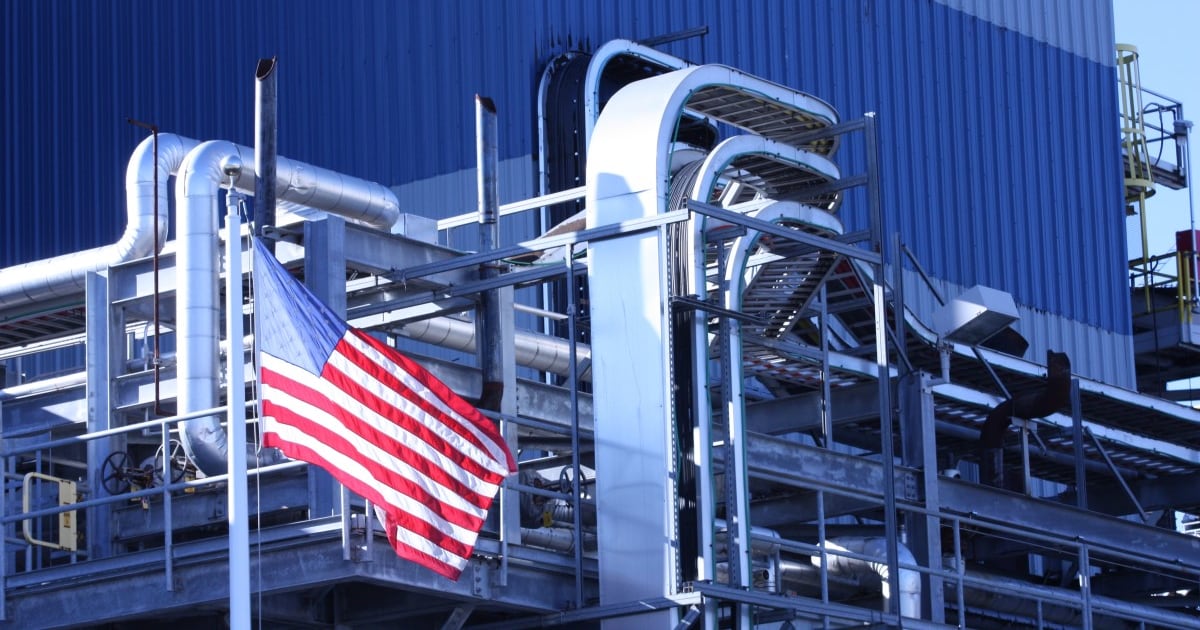Pharma Pivot: Speranza Launches Bold Generics Venture Amid US Manufacturing Renaissance

In response to mounting regulatory challenges and the growing national trend of bringing pharmaceutical manufacturing back to American soil, Speranza has strategically unveiled its newest venture: Lotus Therapeutics. This innovative generics business represents a bold step towards strengthening domestic pharmaceutical production capabilities, aligning with broader industry efforts to reduce reliance on international supply chains and enhance local manufacturing resilience.
The launch of Lotus Therapeutics signals Speranza's commitment to addressing critical market needs while navigating an increasingly complex regulatory landscape. By establishing this new generics division, the company is positioning itself at the forefront of a transformative movement in pharmaceutical manufacturing, promising greater supply chain security and potential cost efficiencies for the U.S. healthcare market.
